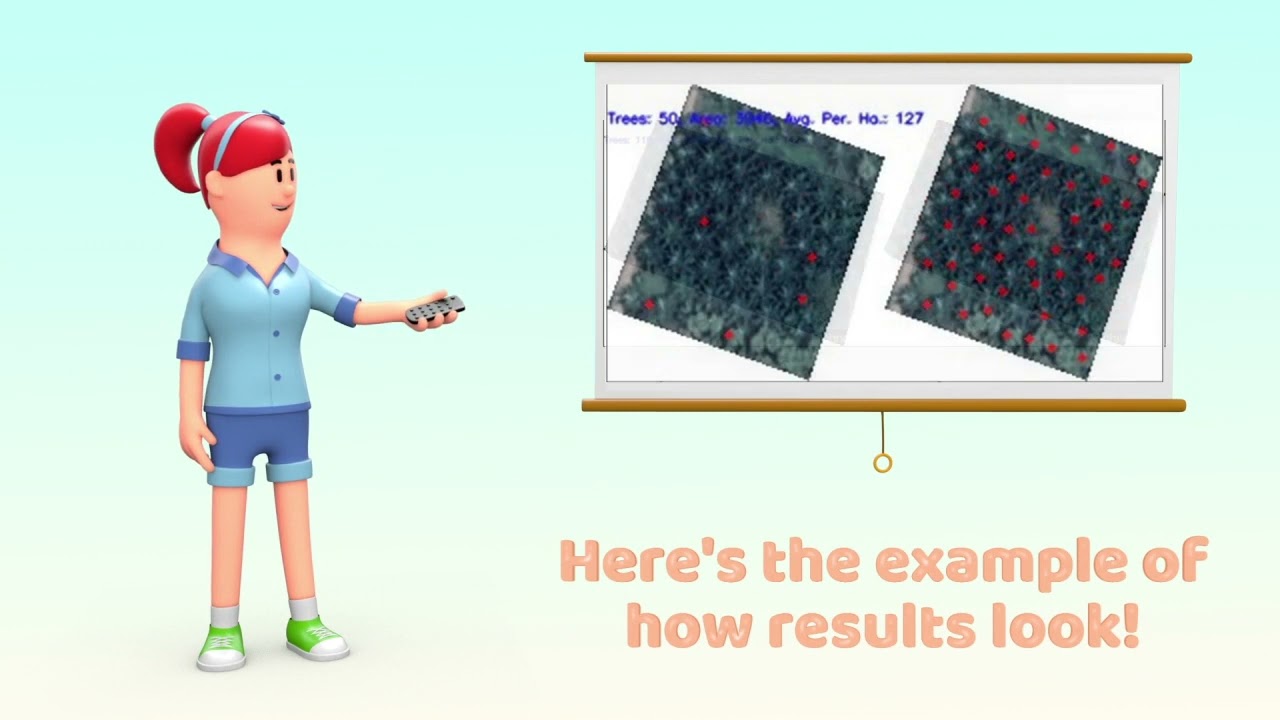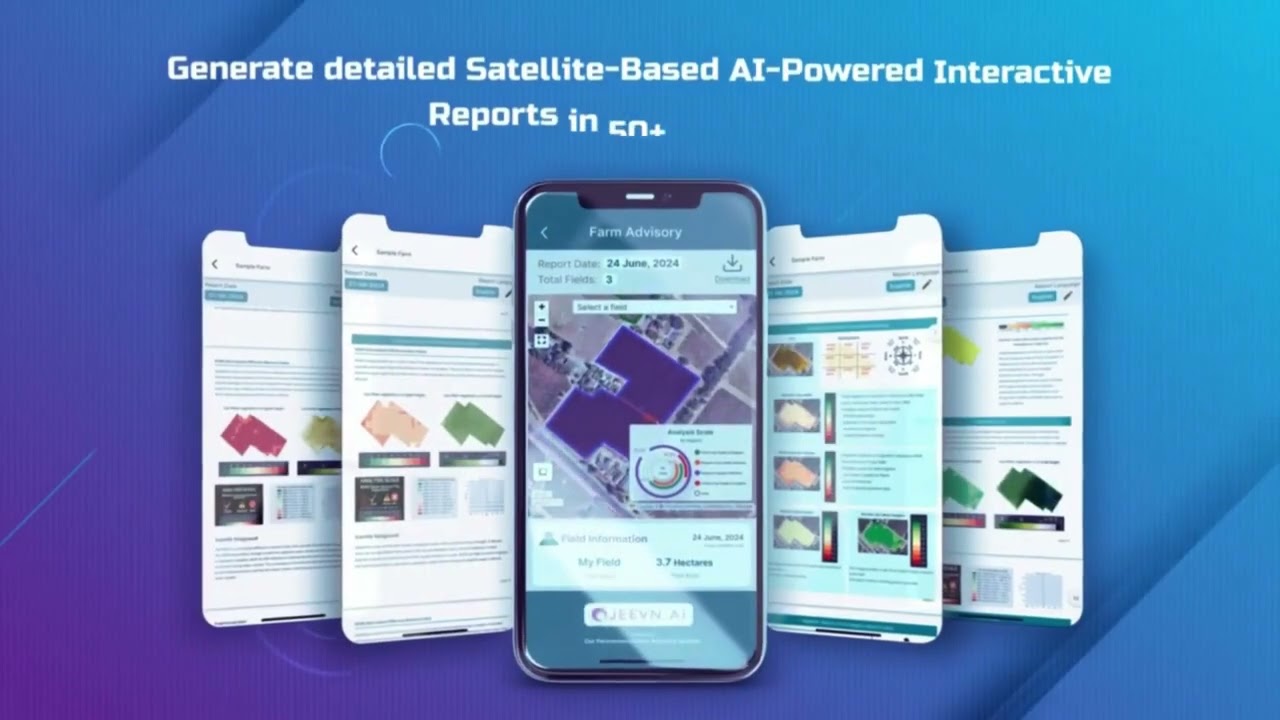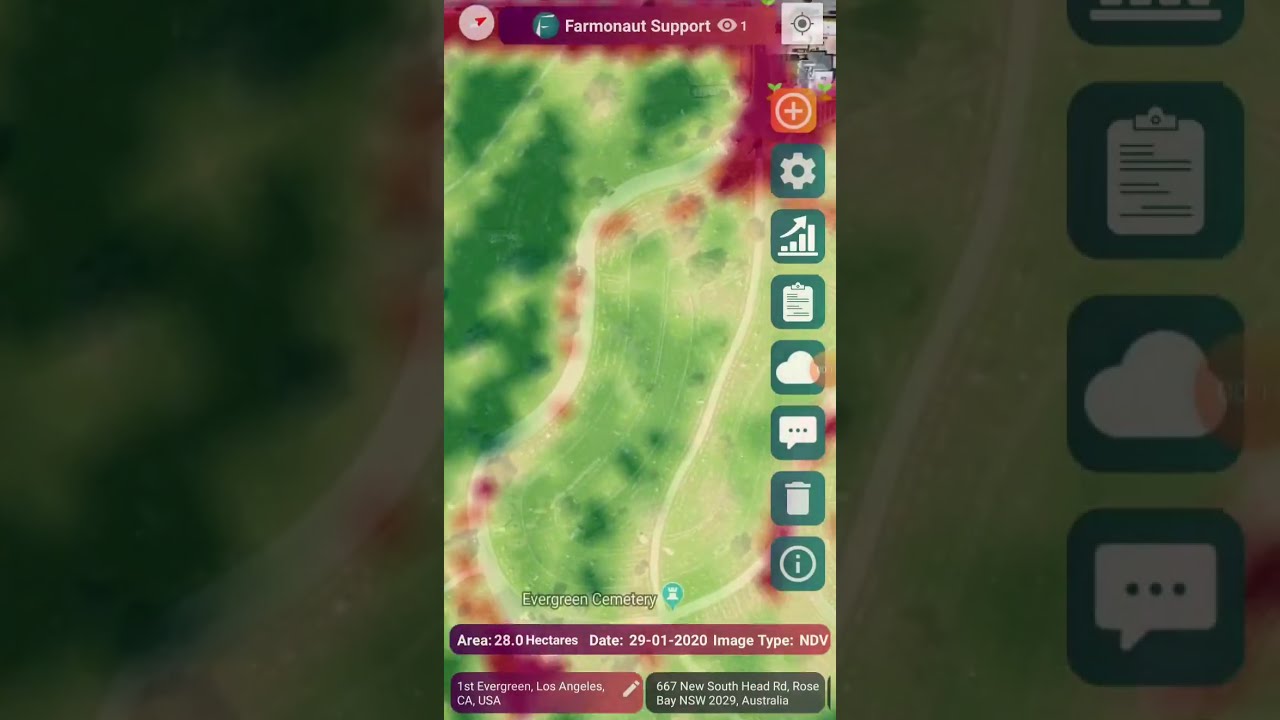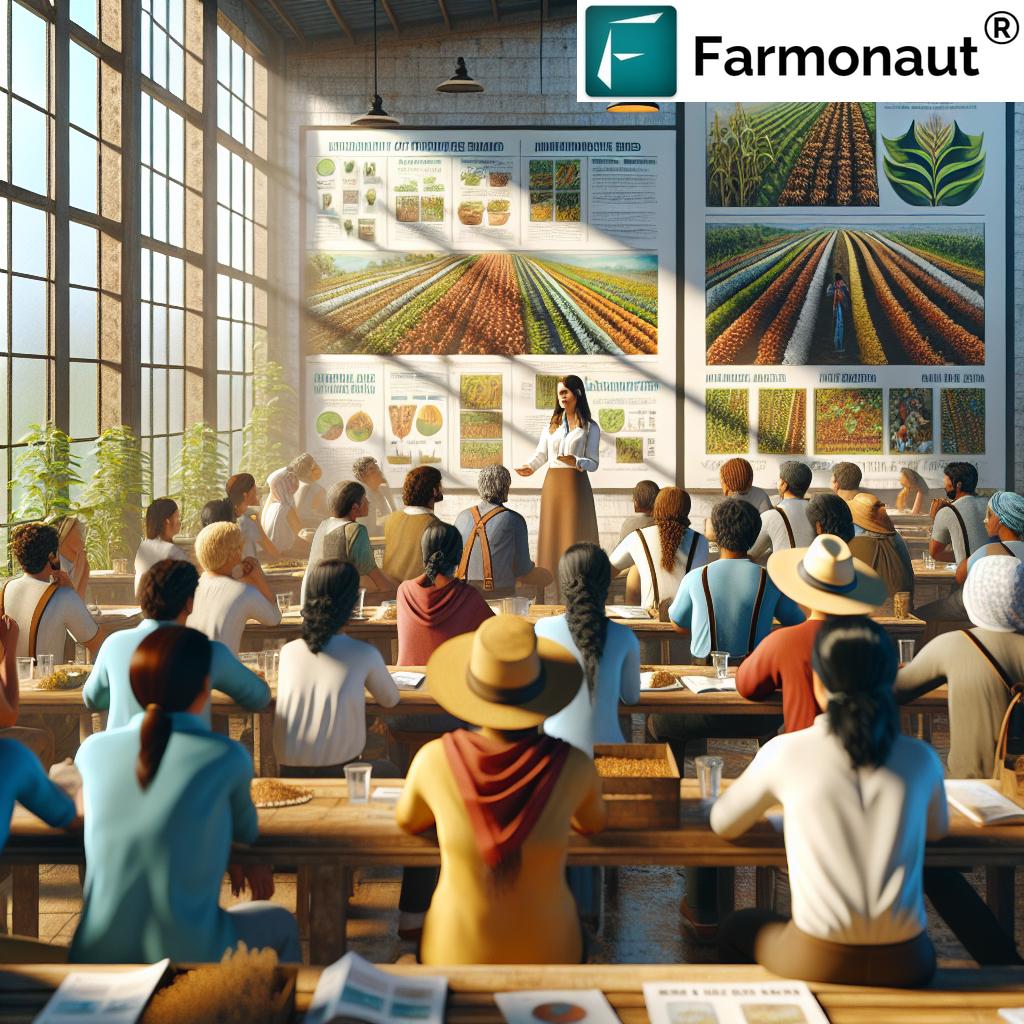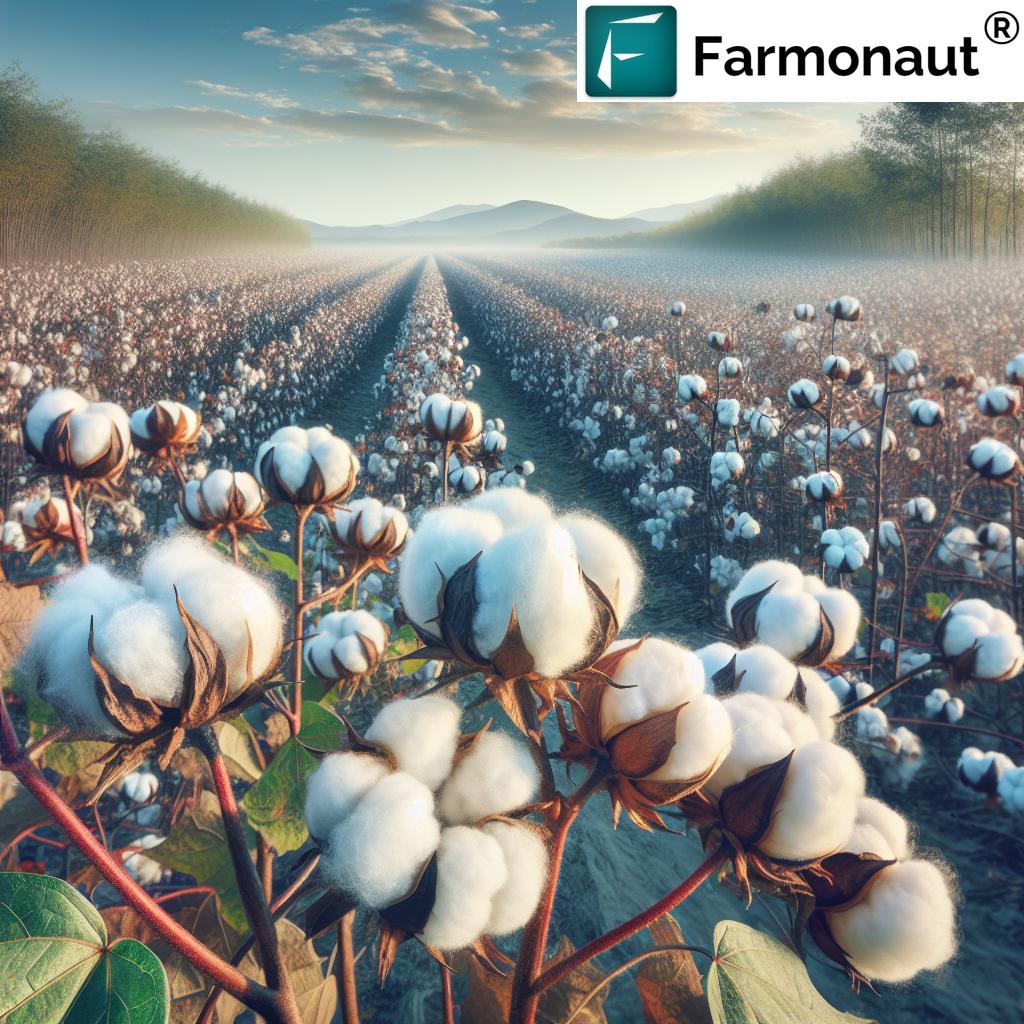Cocos nucifera: 7 Sustainable Agriculture Trends 2026
“By 2026, innovations in Cocos nucifera cultivation are projected to increase global coconut yields by up to 30%.”
Introduction: Cocos nucifera and Sustainability in 2026
Cocos nucifera, commonly known as coconut, has long been an agricultural and economic keystone across tropical and subtropical regions. The coconut palm’s remarkable versatility and resilience have helped sustain millions of livelihoods in Asia, Africa, and the Pacific. As environmental challenges—including shifting rainfall patterns, coastal salinity, and mounting carbon emissions—intensify, coconuts and their allied sectors are evolving rapidly in 2025 and beyond.
In this comprehensive guide, we explore 7 sustainable agriculture trends for Cocos nucifera in 2026. We analyze how coconut cultivation is embracing technological innovations, sustainable processing, renewable energy, and ambitious economic growth, all while navigating the environmental challenges of our era. This digitally connected roadmap will help farmers, agribusinesses, and policymakers seize the opportunities emerging in coconut farming, agroforestry, value chains, and climate-smart agriculture.
“Coconut-based bioproducts could replace 25% of synthetic agricultural inputs worldwide by 2025, promoting greater sustainability.”
Agricultural Importance and Cultivation
Coconut (Cocos nucifera) is entrenched in agriculture, forestry, and environmental restoration systems, particularly in the humid, sandy soils of coastal and island ecosystems. The crop’s perennial nature ensures a steady, multi-season supply of nuts critical to smallholder farmers in tropical and subtropical regions. Modern agronomic practices are required to maintain resilience amid the increasingly erratic rainfall and salinity spurred by climate change patterns.
- Soil and Climate Requirements: Coconut palms thrive in sandy, well-drained soils with high organic matter and moderate salinity. These conditions are typical in coastal and island regions but require adaptation to manage increased soil salinization and shifting rainfall.
- Adaptive Cultivation Practices: Ongoing research into clonal propagation, tissue culture, and hybrid breeding is producing disease-resistant, high-yielding varieties. Such innovative developments are vital for maintaining coconut’s leading role in tropical farming systems and ensuring the livelihoods of millions worldwide.
- Sustainable Management Approaches: The integration of precision tools, drone mapping, and moisture sensors optimizes irrigation and nutrient management, while reducing groundwater depletion and soil erosion. These advances are key to sustainability, climate resilience, and food security in coconut agroecosystems.
Comparative Trends Impact Table: Key Sustainable Agriculture Trends for Cocos nucifera (2026)
| Trend Name | Description | Estimated Adoption Rate by 2026 (%) | Expected Environmental Benefit | Economic Impact (USD) | Key Technologies Used |
|---|---|---|---|---|---|
| Precision Irrigation & Moisture Sensing | Optimized water use via sensors/drones for improved yield and lower environmental impact. | 42% | 30% water savings | $1.1B global market growth | IoT Sensors, Satellite Imagery, AI Analytics |
| Clonal Propagation & Hybrid Varieties | High-yielding, disease-resistant coconut varieties using tissue culture and breeding. | 34% | Yield up by 30%, reduced pesticide use | $900M+ by 2026 | Tissue Culture, Genomics, Lab Breeding |
| Biofertilizer & Bioproduct Adoption | Transition to organic biofertilizers and coconut-based bioproducts over synthetics. | 27% | Reduces chemical runoff/erosion | $850M global growth | Microbial Biotech, Resource Recycling |
| Coconut Biomass-to-Energy Systems | Conversion of husks, shells to biofuel, energy, and activated carbon. | 24% | CO₂ reduction of 1.9Mt/year | $2B by 2026 | Biochar, Biogas, Pyrolysis, Bio-refineries |
| Smart Processing & Value Addition | Advanced, waste-minimizing extraction and sustainable material R&D. | 39% | Circular use, plastic replacement | $1.6B in processed coconut exports | Mechanical Extractors, Smart Sorting, Circular Economy |
| Coconut-based Agroforestry Systems | Integration with other crops, soil restoration, and carbon sequestration. | 31% | Biodiversity, erosion control | $700M/year in ecosystem value | Agroecology Modelling, Remote Sensing |
| Digital Traceability & Certification | Blockchain-based coconut traceability for global supply chains. | 18% | Reduced fraud, higher fair trade | $580M in premium markets | Blockchain, Satellite Tracking, Digital Apps |
Innovations in Cultivation and Genetic Improvement
Genetic and agronomic advances are pushing the envelope for coconut productivity and environmental sustainability in 2025–2026.
-
Clonal Propagation & Tissue Culture:
The development of high-yielding, dwarf, and disease-resistant varieties through tissue culture and clonal propagation is transforming coconut farming. Enhanced genetic diversity enables coconuts to adapt to changing climate and soil conditions across diverse ecosystems. -
Hybrid Varieties:
Modern breeding programs focus on creating hybrids that mature faster, increase yield, and require fewer inputs. This directly addresses the challenges of aging plantations and pest susceptibility. -
Biofertilizers and Organic Inputs:
Coconut-based biofertilizers and bioproducts are rapidly replacing synthetic inputs, promoting sustainable farming and preventing environmental degradation caused by chemical overuse.
These trends are particularly promising for smallholder farmers and larger plantations alike, who are increasingly relying on innovative systems to ensure a steady supply and climate resilience.
Precision Technologies and Digital Tools for Cocos nucifera
In the age of digital agriculture, cocos nucifera cultivation is capitalizing on a suite of technological solutions. By 2026, tools for real-time mapping, smart irrigation, and resource optimization have become critical components of sustainable coconut farming worldwide. Here’s an overview of how these advances are shaping the future:
- Satellite-Based Monitoring & Mapping: Satellite imagery delivers multi-spectral insights on crop health, soil moisture, and nutrient deficiencies across vast coastal and island regions. This empowers farmers to act early and efficiently manage resources. For those seeking real-time monitoring and prediction-based advisories, Farmonaut offers crop plantation, forestry, and advisory solutions powered by satellite and AI technology.
- IoT Soil Moisture Sensors: In regions with erratic rainfall or salinity, these sensors help farmers optimize irrigation schedules, mitigating groundwater depletion and improving yield.
- Drone-Assisted Precision Mapping: Drones equipped with multi-sensor cameras rapidly scan coconut fields, mapping pest infestations, soil health, and stress zones for targeted interventions, reducing chemical inputs and enhancing resilience.
- AI-Based Decision Support: Advanced platforms, including real-time AI advisories and weather forecasting, enable farm management tailored to the unique needs of coconut palms in different ecosystems.
These emerging digital trends not only boost productivity, but also create scalable pathways for millions of growers to embrace sustainable agriculture, restore soil quality, and decrease environmental impact.
To simplify operations and empower users of any scale, Farmonaut’s large scale farm and plantation management platform provides centralized dashboards and precision analytics for coconut, palm, and other crop systems. These tools help optimize every decision from planting to harvest using AI and real-time satellite data.
For developers and agricultural tech businesses, Farmonaut provides a robust API for seamless integration of satellite and AI-driven coconut analytics into proprietary platforms. API developer documentation ensures easy setup regardless of scale or crop focus.
Sustainable Processing & Value Addition in Coconut Industries
Coconut farming’s supply chain extends far beyond the harvest. In 2025–2026, technological advances in coconut processing and value added bioproducts are shaping global economic and environmental landscapes. Here’s how the “tree of life” is leading as a model for sustainable industries:
- Mechanical Extraction & Advanced Processing: State-of-the-art mechanical extraction now delivers higher quality coconut oil with minimal waste, supporting food, cosmetics, and biofuel sectors with sustainable alternatives.
- Biorefineries & Biomass Energy: The conversion of coconut shells and husks into activated carbon, biochar, and biomass energy is a game-changer for renewable energy and water filtration innovation.
- Coir Fiber Products: Coir fibers from coconut husks are being transformed into biodegradable mats, geotextiles, and eco-friendly materials replacing plastics in packaging, agriculture, and construction industries.
- Supply Chain Traceability: Blockchain-based traceability tools protect the authenticity and transparency of coconut products, increasing their value in premium and fair trade markets. To explore robust traceability solutions for coconut and allied crops, see Farmonaut’s blockchain supply chain traceability product.
Globally, these innovations are diversifying market access, reducing environmental impact, and providing new economic opportunities—especially for local communities in coconut-rich island and coastal regions.
Additionally, Farmonaut’s advanced carbon footprinting platform enables agribusinesses and processors to monitor emissions across the coconut value chain, ensuring each stage aligns with sustainability goals.
The Role of Bioproducts in Replacing Synthetics
- Eco-Alternatives: Coconut-based geotextiles, biodegradable pots, coir growbags, and packaging are championing the shift away from plastics, stimulating demand in agriculture, horticulture, and manufacturing sectors globally.
- Economic Upside: The global coconut-based bioproduct market is projected to exceed $850 million by 2026, with adoption rates reaching as high as 25% of traditional synthetic inputs.
Agroforestry, Carbon Sequestration, and Restoration
The role of the coconut palm is pivotal not just for crop production, but also for coastal ecology and carbon balance. Agroforestry systems utilizing coconut as a “keystone crop” are increasingly critical to restoration, resilience, and sustainable development.
-
Coastal Stabilization:
In coastal and island ecosystems, coconut plantations safeguard against soil erosion, sand drift, and seawater intrusion while anchoring habitats for thousands of species. -
Enhanced Carbon Sequestration:
Coconut-based agroforestry sequesters carbon, mitigates climate change, and restores biodiversity lost to unsustainable monocultures or land degradation. -
Integrated Farming Systems:
Coconuts are paired with shade-loving crops, legumes, and native trees—maximizing land productivity, supporting pollinator diversity, and improving soil organic matter over time. -
Mangrove-Coconut Restoration:
Cultivation of coconut palms within mangrove restoration projects offers double insurance for coastal regions, deflecting storm surges and boosting blue carbon sinks that cushion the impacts of climate extremes.
These models position the coconut as a linchpin for holistic ecosystem management, supporting ambitious restoration targets and sustainable development in 2026 and beyond.
Resilient Ecosystems, Biodiversity & Social Impact
The significance of Cocos nucifera extends far beyond its value as an agricultural commodity. Its social, ecological, and livelihood contributions are especially prominent across tropical and subtropical landscapes. By 2026, these aspects are increasingly at the forefront of sustainable agriculture paradigms:
- Community-Centered Sustainability: Modern coconut farming champions community-led management, climate-smart agriculture, and fair trade certification. These standards empower smallholder farmers and ensure equitable value distribution.
- Biodiversity Conservation: Integrating coconut palms with other native trees and crops promotes biodiversity, pollinator health, and resilience to pests and market shocks.
- Livelihood Diversification: From food security to fibers, biofuels to new bio-composites, coconut farming sustains the primary income of millions and diversifies economies in at-risk island and coastal regions.
- Social Impact: Women and local communities play a vital role in coconut value chains, from harvest to product innovation, reinforcing the crop’s position as a sustainable driver of rural livelihoods.
As environmental concerns and regulatory demands increase, coconut agriculture is shifting towards models that enhance adaptive capacity, protect ecosystems, and sustain local economies.
Addressing Key Challenges & Future Trends for Cocos nucifera
Despite its promise, coconut cultivation faces a number of challenges in 2026. Aging plantations, pests like the red palm weevil, and land competition from other crops demand constant innovation. Here’s how coconut research and tech is addressing these concerns:
- Precision Breeding: Modern breeding programs blend genomic selection and accelerated propagation, enabling the rapid release of dwarf and hybrid coconut varieties with higher yields and lower input requirements. This shift rejuvenates old plantations and shortens economic downtime.
- Integrated Pest Management (IPM): The move towards biological pest control, crop diversification, and precision surveillance minimizes pest outbreaks and chemical dependency, especially crucial for smallholder systems.
- Climate Adaptation: Strategies are focused on optimizing resource allocation (water, nutrients), using climate-resilient varieties, and leveraging predictive analytics for proactive farm management amid shifting weather patterns.
- Sustainable Financing: New financial models, including satellite-insured crop loans and parametric insurance solutions, reduce risks and expand access for coconut farmers navigating uncertainty. Explore Farmonaut’s satellite-based crop loan and insurance tools to understand how remote verification reduces fraud and accelerates funding for coconut stakeholders.
Together, these innovations promise to maintain coconut’s agricultural, environmental, and economic significance, ensuring it remains central to global sustainability goals deep into the next decade.
Farmonaut Subscriptions and Technology Solutions for the Coconut Industry
Farmonaut provides an array of subscription plans that cater to the diverse needs of coconut growers, processors, and agri-businesses. These packages feature real-time satellite monitoring, AI-powered farm advisory, blockchain traceability, and carbon footprinting analytics—tools that we believe are indispensable in the era of sustainable coconut agriculture.
Farmonaut Satellite Technology: Empowering Coconut Sustainability
We at Farmonaut recognize the immense significance of coconut across tropical agricultural landscapes. Our mission is to empower coconut plantations, smallholders, and large-scale businesses with affordable, actionable insights from space. By leveraging satellite imagery, AI algorithms, and blockchain, our solutions address pressing challenges from crop health monitoring to resource management and supply chain transparency:
- Real-Time Crop Health Monitoring: Our platform uses NDVI and other vegetation indices, providing growers with timely alerts on stress, nutrient status, and irrigation needs for maximum yield and quality.
- AI-Based Advisory & Forecasting: With Jeevn AI, we offer real-time advice, weather updates, and custom recommendations for coconut and allied crops, improving decision-making and resilience to erratic climate patterns.
- Blockchain-Based Traceability: By ensuring authenticity and security throughout the coconut value chain, we strengthen market trust—a vital factor for premium and fair trade coconut products.
- Resource Management & Fleet Tracking: Fleet and asset tracking features help coconut processors optimize logistics, reduce emissions, and streamline operations across remote island and coastal plantations. See more about fleet management for agriculture.
- Environmental Impact Tracking: With our carbon footprinting and restoration monitoring features, coconut producers can demonstrate compliance with sustainability regulations and expand access to eco-conscious markets.
- API and Developer Tools: For tech teams and agribusinesses, our API enables direct integration of up-to-the-minute coconut data into ERP, advisory, and market access platforms. Full documentation is available on our developer portal.
We are proud to serve the millions within the coconut industry—ensuring that every innovation not only increases yield and profit, but also restores ecosystems and sustains rural livelihoods well beyond 2026.
Frequently Asked Questions (FAQ)
1. What are the main environmental benefits of sustainable coconut (Cocos nucifera) cultivation?
- Soil conservation: Coconut palms stabilize sandy coastal soils and reduce erosion.
- Carbon sequestration: Agroforestry systems with coconut can sequester large amounts of carbon, mitigating climate change.
- Biodiversity: Coconut-based systems encourage crop diversity and provide habitats for pollinators and wildlife.
2. How is technology shaping coconut farming in 2026?
- Satellite and drone technology offer real-time monitoring of crop health and resource management.
- AI-powered advisory systems enable predictive, climate-smart farming decisions.
- Blockchain ensures traceability and transparency in coconut supply chains.
3. What innovations are improving coconut processing?
- Mechanical extraction delivers higher-quality coconut oil with reduced waste.
- Biorefineries convert coconut husk and shell into biochar, activated carbon, and other value-added products.
- Processing advancements are enabling the creation of sustainable alternatives to plastics and synthetic materials.
4. Why is clonal propagation important for coconuts?
Clonal propagation and tissue culture produce disease-resistant, high-yielding coconut varieties that adapt well to changing environmental and pest pressures, ensuring productive and resilient plantations for the future.
5. How does coconut farming support rural livelihoods and social sustainability?
Coconut farming is vital for the incomes of millions of smallholder farmers, particularly in Asia, Africa, and Pacific islands. Inclusive, community-driven management ensures fair value distribution, economic diversity, and resilience to global shocks.
6. How can I access advanced monitoring or advisory services for coconut plantations?
You can use Farmonaut’s satellite-based web and mobile apps for real-time monitoring, insights, and resource management for coconut and other crop systems.
7. Where can I integrate satellite or AI capabilities for my farm or business?
For seamless integration, consider Farmonaut’s API services for custom monitoring, analytics, and reporting, designed to scale from pilot plots to large agribusinesses.
Conclusion: The Future of Cocos nucifera in Sustainable Agriculture
As we look into 2026 and beyond, Cocos nucifera stands as a pillar of innovation, sustainability, and economic empowerment. With relentless advancements in precision agriculture, digital monitoring, eco-friendly processing, and climate-smart management, coconut palm cultivation continues to evolve—driving prosperity for millions, reviving coastal and island ecosystems, and reimagining the future of global agriculture, energy, and industry. The integration of digital platforms and satellite insights, especially through solutions like those offered by Farmonaut, ensures that every stakeholder, from smallholder farmers to multinational agri-businesses, is poised to thrive amid the fast-changing environmental and socio-economic landscape.
By embracing these trends, coconut farmers worldwide are not just responding to the present— they are helping to shape a future where sustainable agriculture, resilient livelihoods, and ecosystem restoration go hand in hand.
Ready to transform your coconut plantation or agri-business with real-time insights? Try Farmonaut’s mobile & web apps:
For bulk or API integrations, please visit the Farmonaut API page and browse our API docs for your next generation of coconut farm management tools.









